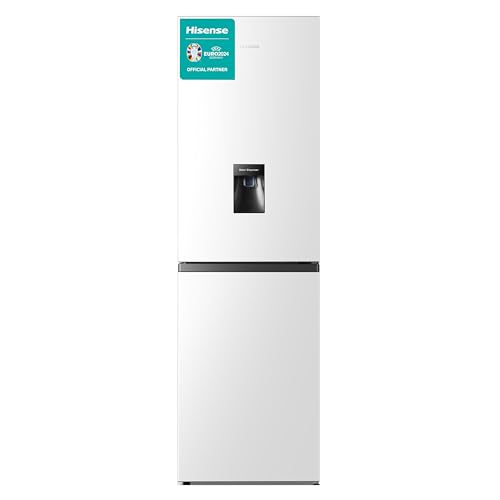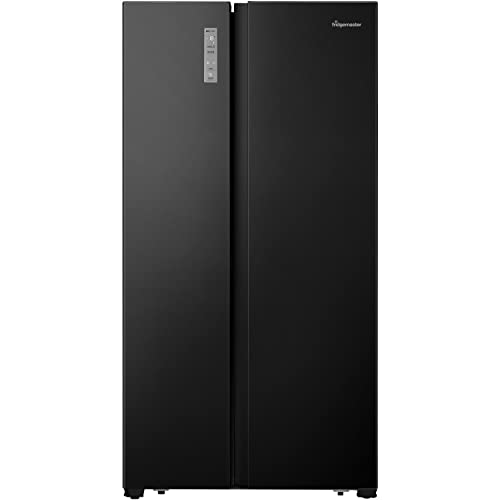
25
julho15 Fridges And Freezers Benefits That Everyone Should Know

Understanding Fridges and Freezers: The Essential Kitchen Appliances
Fridges and freezers are two of the most important home appliances in modern-day cooking areas. These appliances serve an important role in food conservation and waste reduction by making sure that perishable items stay fresh and safe for usage. This article explores the numerous types of fridges and freezers, their performances, and important considerations for choice and maintenance.
Kinds of Refrigerators
The market uses a range of refrigerator types, each created to fulfill various customer requirements. Below is a list of the most typical types of fridges:
Top-Freezer Refrigerators
- Most typical type.
- Freezer compartment is located above the refrigerator section.
- Usually more economical and energy-efficient.
Bottom-Freezer Refrigerators
- Freezer is located at the bottom.
- Allows easier access to fresh products at eye level.
- Frequently includes pull-out drawers for better company.
Side-by-Side Refrigerators
- Refrigerator and freezer sections are adjacent.
- Suitable for narrow kitchen areas and enables easy access to both compartments.
- Frequently includes water and ice dispensers.
French Door Refrigerators
- Combines a bottom freezer with double doors at the top.
- Offers ample storage and trendy styles.
- Typically consists of features like temperature-controlled drawers.
Compact Refrigerators
- Smaller sized size suitable for restricted areas.
- Commonly used in dormitory, studio apartments, or as secondary fridges.
Table 1: Comparison of Refrigerator Types
| Type | Benefits | Drawbacks | Normal Size |
|---|---|---|---|
| Top-Freezer | Inexpensive, energy-efficient | Less hassle-free access to the freezer | 14-30 cu. ft. |
| Bottom-Freezer | Easier access to fresh food | Freezer can be harder to organize | 19-30 cu. ft. |
| Side-by-Side | Easy gain access to, water/ice dispenser | Narrow vs. storage space | 22-30 cu. ft. |
| French Door | Stylish, large, arranged | More expensive | 20-30+ cu. ft. |
| Compact | Space-saving, portable | Restricted storage | 1.7-5.5 cu. ft. |
Types of Freezers
Freezers are a similarly essential device for food preservation. They are available in numerous designs developed to fit different family needs. Think about the list below types:
Upright Freezers
- Run like a standard refrigerator with vertical storage.
- Simpler to organize with shelves and compartments.
Chest Freezers
- Big, horizontal style typically using more storage space.
- Maintains temperatures better throughout power failures.
- More energy-efficient than upright designs.
Portable Freezers
- Compact systems perfect for outdoor activities or little areas.
- Often utilized for camping trips or as short-lived storage.
Table 2: Comparison of Freezer Types
| Type | Benefits | Drawbacks | Typical Size |
|---|---|---|---|
| Upright Freezer | Much easier to arrange | Less energy-efficient, more flooring area | 5-20 cu. ft. |
| Chest Freezer | Holds more items, energy-efficient | Harder to arrange | 5-25 cu. ft. |
| Portable Freezer | Compact and versatile | Limited storage capability | 1-10 cu. ft. |
Key Features to Consider
When selecting a fridge or freezer, consumers ought to bear in mind numerous features that can improve functionality:
- Energy Efficiency: Look for designs with the ENERGY STAR certification to minimize electrical energy costs.
- Storage Capacity: Evaluate storage requirements based on family size and consuming habits.
- Temperature Control: Some appliances offer digital controls for accurate temperature level settings.
- Adjustable Shelving: Customizable shelving enables optimal organization.
- Water and Ice Dispenser: Offers benefit however can use up valuable space inside.
- Noise Level: Sound rankings can affect comfort, specifically in open-concept homes.
Pros and Cons of Having a Fridge and Freezer
While fridges and freezers are important technologies, they likewise have specific benefits and disadvantages:
| Pros | Cons |
|---|---|
| Protect food life-span and minimize waste | Require regular maintenance |
| Enable bulk purchasing and meal prepping | Can be costly to acquire and run |
| Offer convenience and quick access to food | Inhabit considerable kitchen area space |
Upkeep Tips
To guarantee longevity and optimal performance of fridges and freezers, think about the following maintenance ideas:
- Regular Cleaning: Clean the interior and outside occasionally to avoid accumulation of dirt and germs.
- Examine Seals: Inspect door seals routinely for leakages to keep effectiveness.
- Temperature Settings: Keep the fridge at 34-38 ° F and the freezer at 0 ° F for optimum food conservation.
- Thaw as Needed: Chest freezers need where To buy fridge freezer be thawed regularly to maintain performance.
- Clear Air Vents: Ensure that air flow isn't blocked to enhance energy effectiveness.
FAQs About Fridges and Freezers
Q1: How long can food be saved in a freezer?A: Most foods can be kept in a freezer for several months. Meats and poultry frequently last 4-12 months, while vegetables can last up to 8-12 months.
Q2: How typically should I clean my fridge and freezer?A: It is advisable to clean your fridge and freezer every 3 to 6 months, or as needed when spills occur. Q3: Can I put hot food straight in the fridge?A: It is recommended to cool hot food to room temperature before putting it in the fridge to prevent
raising the temperature inside the appliance. Q4: Why is my fridge running constantly?A: This could be due to a malfunctioning thermostat, clogged coils, or door seals that aren't working correctly. Fridges and freezers are indispensable
possessions to modern-day households, providing important services for food storage and conservation.
Understanding the various types, functions, and upkeep requirements can assist consumers choose the right devices for their needs and maximize their functionality. Welcoming energy-efficient models not just supports sustainable practices but also adds to considerable savings on energy bills, making notified choices more important than ever.


Reviews